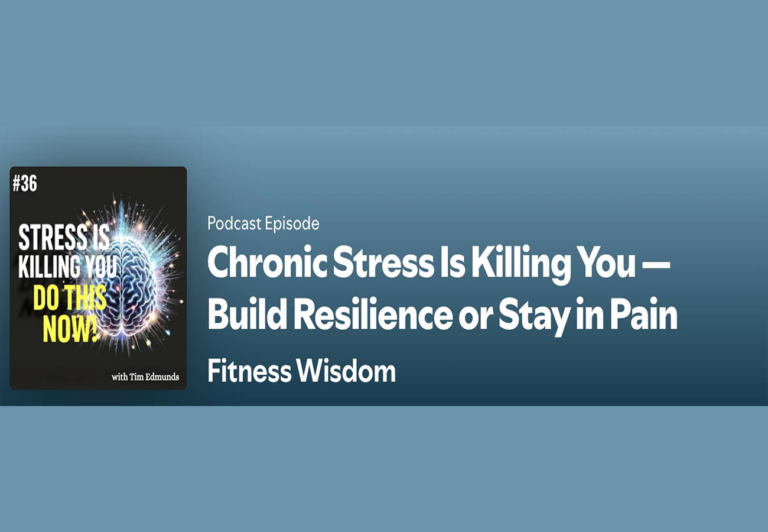In a recent podcast featuring a prominent doctor, a compelling notion was discussed: the most effective medicines are designed to support the body’s natural healing capabilities rather than replace them. This perspective is not only revolutionary but also reflective of a broader philosophy in both medicine and life. The body is inherently a self-healing entity; our role is simply to create conditions that foster this natural process.
The Principle of Supporting Natural Healing
At its core, the body is equipped with astonishing regenerative capabilities. From the microscopic repair of cellular damage to the recovery from major physical injuries, the body knows how to heal itself. Medicines are often seen as healers, but in essence, they are facilitators that prepare the ground for the body’s own repair work. This subtle but profound distinction emphasizes safety—creating a secure, restful environment that allows the autonomic nervous system to function optimally.
Safety and Healing
“Safety” isn’t just a term for physical well-being but is also crucial for emotional and psychological health. When we feel safe, our body shifts its resources from survival mode to repair mode. This is why managing stress and ensuring a supportive environment at home and at work can significantly influence how effectively our bodies heal and regenerate.
Medication as a Support System
Medications play a critical role, not as cure-alls, but as supporters in the healing process. By alleviating symptoms, they allow the body to perform its natural functions without the added burden of discomfort or pain. This approach to medicine—using it to support rather than override the body’s natural processes—is a testament to the philosophy of “do no harm.” However, my position is if you can handle the symptoms don’t take anything. The less chemicals your body must detox from the system the more time it can spend actually healing.
The Bigger Picture: Patience and Progress
This concept of support over intervention extends beyond medicine into many aspects of life. Whether in personal growth, project management, or societal development, the principle of allowing processes to unfold at their own pace often leads to more sustainable and favorable outcomes. In our quest for quick fixes, we sometimes overlook the power of time and the natural course of progression. By trying to expedite timelines or intensifying efforts, we risk unintended consequences that may delay progress rather than hasten it.
Letting Nature Take Its Course
Understanding and respecting the natural pace of healing and development can guide us toward more effective strategies in health management and life. Sometimes, the best action is strategic inaction—allowing the natural processes to unfold, supporting where necessary, but avoiding over-correction. By embracing this mindset, we can foster environments and attitudes that not only heal but also sustain and enrich our lives.



